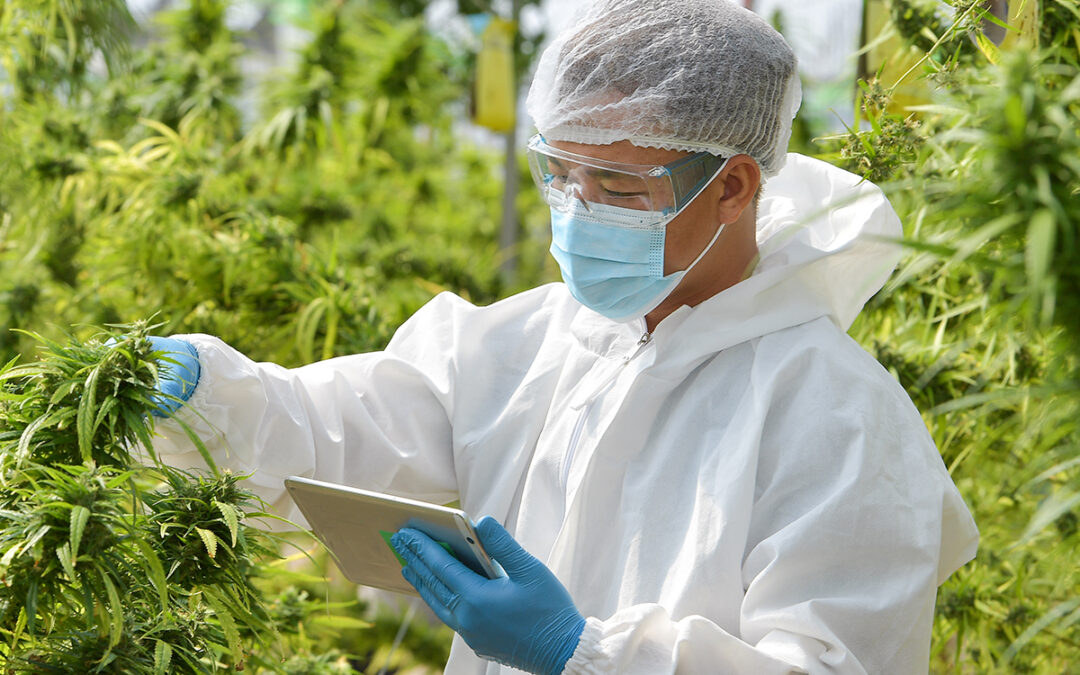It can feel sometimes that CBD products came from nowhere as a novel food that has become hotly discussed in the world of wellness.
Whilst cannabinoids have been known about for thousands of years and were first isolated in 1940, the history of CBD remained largely unchained from 1971 until several notable cases in 2017 led to a change in approach for legislation.
However, the seeds of this change began far sooner than this.
Clinical Trials
In 1998, only one pharmaceutical company was allowed to grow cannabis for use in clinical trials to produce a CBD-rich strain that did not have the psychoactive effect of THC-rich strains of the drug.
GW Pharmaceuticals, as well as its co-founder Geoffrey Guy, MD, believed that CBD had benefits of its own, which would eventually lead to the development of CBD-based medication for rare forms of childhood epilepsy.
CBD, for the following two decades, would only be allowed for use on prescription for specific conditions where there was medical proof of its effects, such as to treat epilepsy or certain symptoms associated with multiple sclerosis.
That would start to change in 2017 due to a few rather specific events.
From Medicine To Novel Food
Part of the change in perception of CBD oil, which had been up to that point exclusively been seen as a medicine that could not be sold without regulatory approval for a particular use case, was changed by what was largely an unrelated case.
The stories of Alfie Dingle and Billy Caldwell are somewhat well known. Both children suffered from rare, extreme forms of childhood epilepsy where they would experience hundreds of seizures per day.
Both would take a stronger form of cannabis oil with the help of overseas doctors and both reported a marked reduction in symptoms that would later be incorporated into NICE guidelines and changes in the law to allow specialist doctors to prescribe the medication in certain circumstances.
It also led to greater clarity on the legality of CBD oil, which was legal to own, buy and sell so long as it did not contain more than 0.2 milligrams of THC and was not marketed as being medicinal.
In 2019, CBD was classified as a novel food, which is defined as a foodstuff not consumed before 1997 and therefore a full application would need to be sent to the Food Standards Agency to confirm the safety of the food like any other.
The full process, which can take up to two years, will include product specifications as well as specialist information such as subchronic toxicity.
The FSA also released consumer guidance information for people, so they knew the best way to consume CBD.
This process was a major step forward to confirming CBD’s legitimacy as a novel food product and over 40 products have already become part of the application process.
As well as this, it has raised the profile of CBD products across different industries and led to greater research and development to produce the best products for consumers. As a result, the landscape for CBD may change considerably over the next few years as a result of new research.

